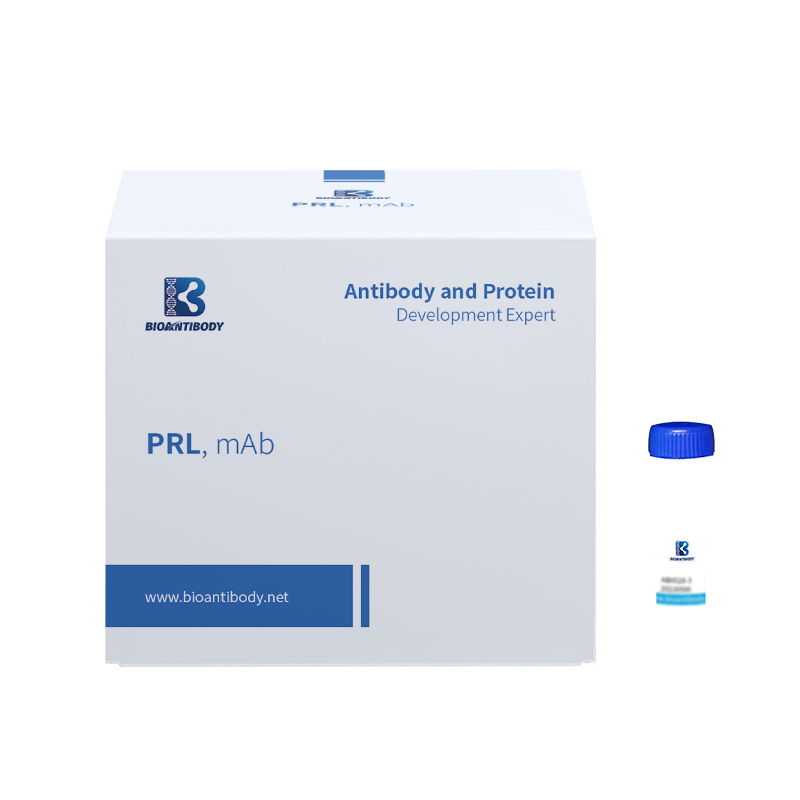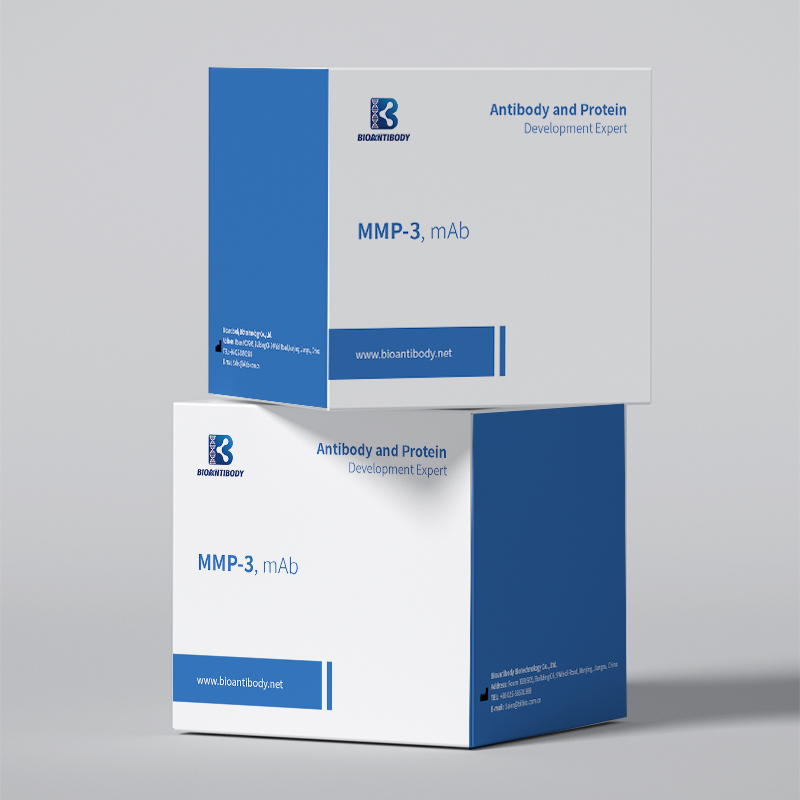Anti-human PRL Antibody, Mouse Monoclonal
Product details
General Information
Prolactin (PRL), also known as lactotropin, is a hormone made by the pituitary gland, a small gland at the base of the brain. Prolactin causes the breasts to grow and make milk during pregnancy and after birth. Prolactin levels are normally high for pregnant women and new mothers. Levels are normally low for nonpregnant women and for men.
A prolactin levels test is most often used to:
★ Diagnose a prolactinoma (a type of tumor of the pituitary gland)
★ Help find the cause of a woman's menstrual irregularities and/or infertility
★ Help find the cause of a man's low sex drive and/or erectile dysfunction
Properties
| Pair Recommendation |
CLIA (Capture-Detection): 1-4 ~ 2-5 |
| Purity | / |
| Buffer Formulation | / |
| Storage | Store it under sterile conditions at -20℃ to -80℃ upon receiving. Recommend to aliquot the protein into smaller quantities for optimal storage. |
Order Information
| Product Name | Cat. No | Clone ID |
| PRL | AB0067-1 | 1-4 |
| AB0067-2 | 2-5 |
Note: Bioantibody can customized quantities per your need.
Citations
1. Lima AP, Moura MD, Rosa e Silva AA. Prolactin and cortisol levels in women with endometriosis. Braz J Med Biol Res. [Internet]. 2006 Aug [cited 2019 Jul 14]; 39(8):1121–7.
2. Sanchez LA, Figueroa MP, Ballestero DC. Higher levels of prolactin are associated with endometriosis in infertile women. A controlled prospective study. Fertil Steril [Internet]. 2018 Sep [cited 2019 Jul 14]; 110 (4):e395–6.









